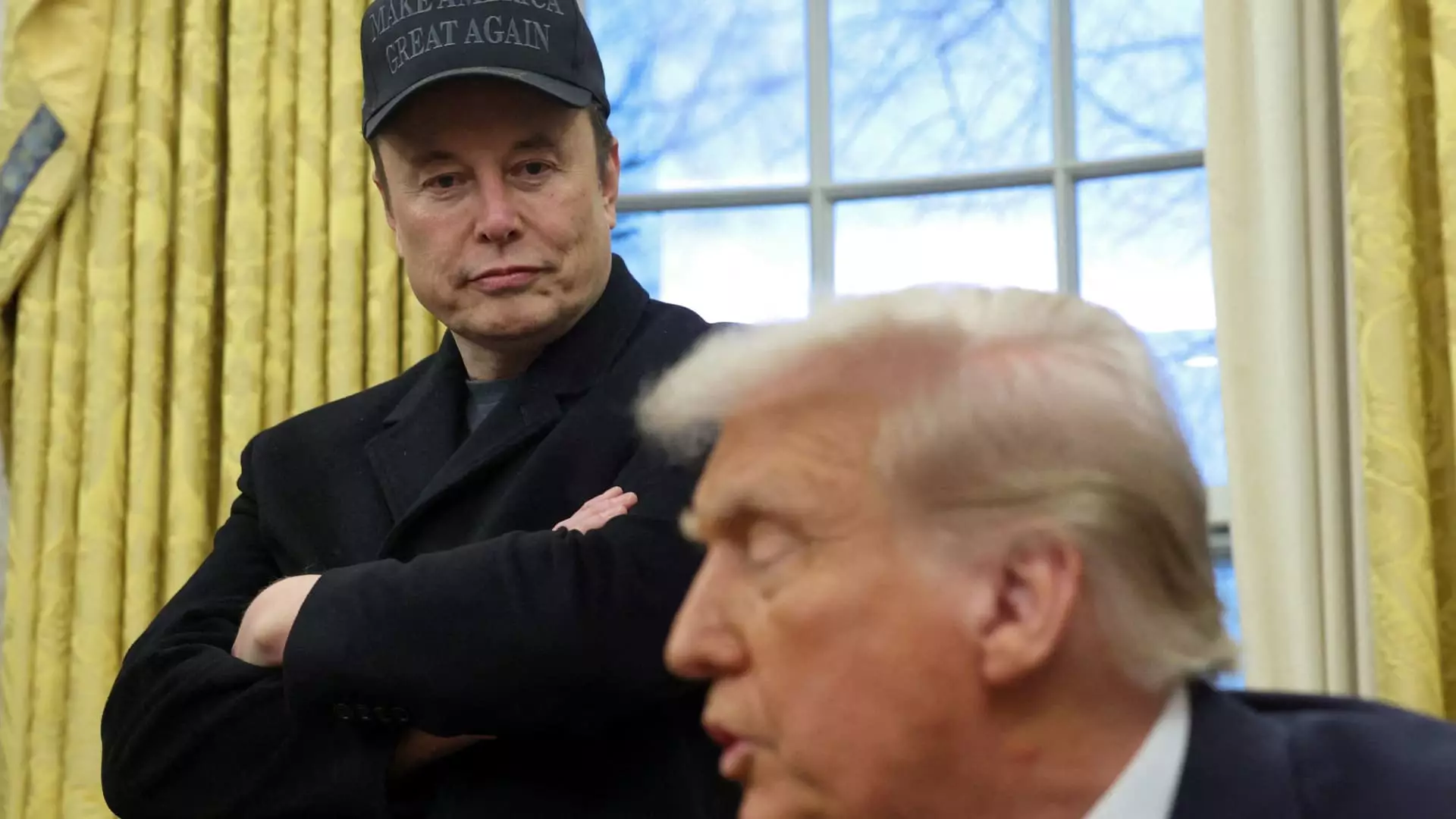In a notable legal confrontation that highlights the complex interplay between international law and freedom of expression, Trump Media and Rumble have initiated a lawsuit against Brazilian Supreme Court Justice Alexandre de Moraes. This legal action stems from a contentious incident that occurred the previous year involving tech mogul Elon Musk, as the controversy spotlighted issues surrounding censorship and the power dynamics of social media platforms.
The lawsuit was filed in a federal court in Tampa, Florida, on the basis that Justice Moraes has allegedly issued unlawful directives aimed at stifling the voice of a prominent and politically outspoken individual on Rumble, which could set a dangerous precedent if allowed to persist. The implications of such maneuvers are significant, raising crucial questions about the limitations of national jurisdictions over digital platforms that operate across borders.
Trump Media’s lawsuit explicitly claims that Justice Moraes has utilized his judicial authority to suppress a U.S.-based user’s accounts, threatening the operational integrity of Rumble and its partner platform, Truth Social. The lawsuit articulates a clear stance: if Rumble were to suffer from enforced shutdowns resulting from these alleged orders, Truth Social would inevitably face substantial disruptions as a consequence of its reliance on Rumble’s infrastructure for content delivery.
In addition to the broader implications for freedom of speech, the lawsuit raises concerns about the authority of foreign judicial systems to impose mandates on U.S.-based companies. By citing that allowing Justice Moraes to enforce such orders would jeopardize constitutionally guaranteed freedoms within the United States, the plaintiffs effectively argue that enduring commitments to open discussion and debate cannot be undone by judicial overreach from foreign entities.
This legal confrontation comes against a backdrop of political turmoil in Brazil, notably following charges against former President Jair Bolsonaro—accused of attempting to orchestrate a coup after his defeat in the 2022 elections. Bolsonaro’s alleged conspiracies, paired with his controversial relationship with Trump Media, add layers of complexity to the lawsuit.
The relationship between Trump Media and Bolsonaro is underscored by recent developments indicating the former president’s continued influence and connections within the realm of conservative politics. Notably, Trump is reported to have been the majority shareholder of Trump Media until he transferred his holdings into a trust prior to taking office. This shift could play a pivotal role in determining the motivations and implications behind the actions of Trump Media in this case.
The allegations brought forth are not merely about censorship; they also point to substantial financial ramifications for Trump Media and Rumble. The lawsuit highlights Rumble’s critical infrastructure role, suggesting that potential disruptions could lead to significant operational losses. Furthermore, the financial health of Trump Media has come under scrutiny, as indicated by the company’s disclosure of substantial legal expenses tied to ongoing litigation and a complicated merger process with a special purpose acquisition company (SPAC).
The claim of obstruction by regulatory bodies, particularly the U.S. Securities and Exchange Commission under the Biden administration, reveals a narrative that positions Trump Media as a victim of governmental interference in their business endeavors. This context strengthens their argument against the enforcement of foreign judgments that complicate U.S. business operations.
As the legal proceedings advance, the outcome may set a notable precedent concerning the limits of foreign judicial authority over U.S. companies operating globally. The implications extend far beyond one lawsuit; this case could redefine the boundaries of freedom of expression, digital governance, and international law.
The strong rhetoric from Trump Media’s executives emphasizing the importance of upholding free expression underscores a commitment that positions this legal battle as not just a corporate struggle but as an ideological one as well. Observers and stakeholders in the media landscape will undoubtedly be watching as this case unfolds, eager to see how the courts will navigate the tangled web of global law, digital platforms, and the fundamental rights that underpin American democracy.

Leave a Reply